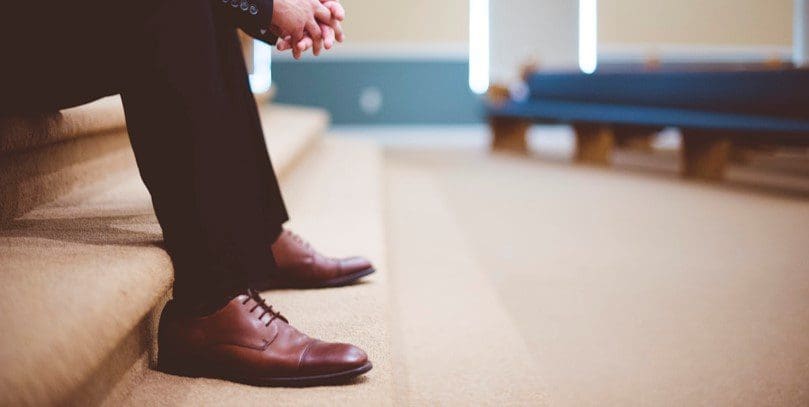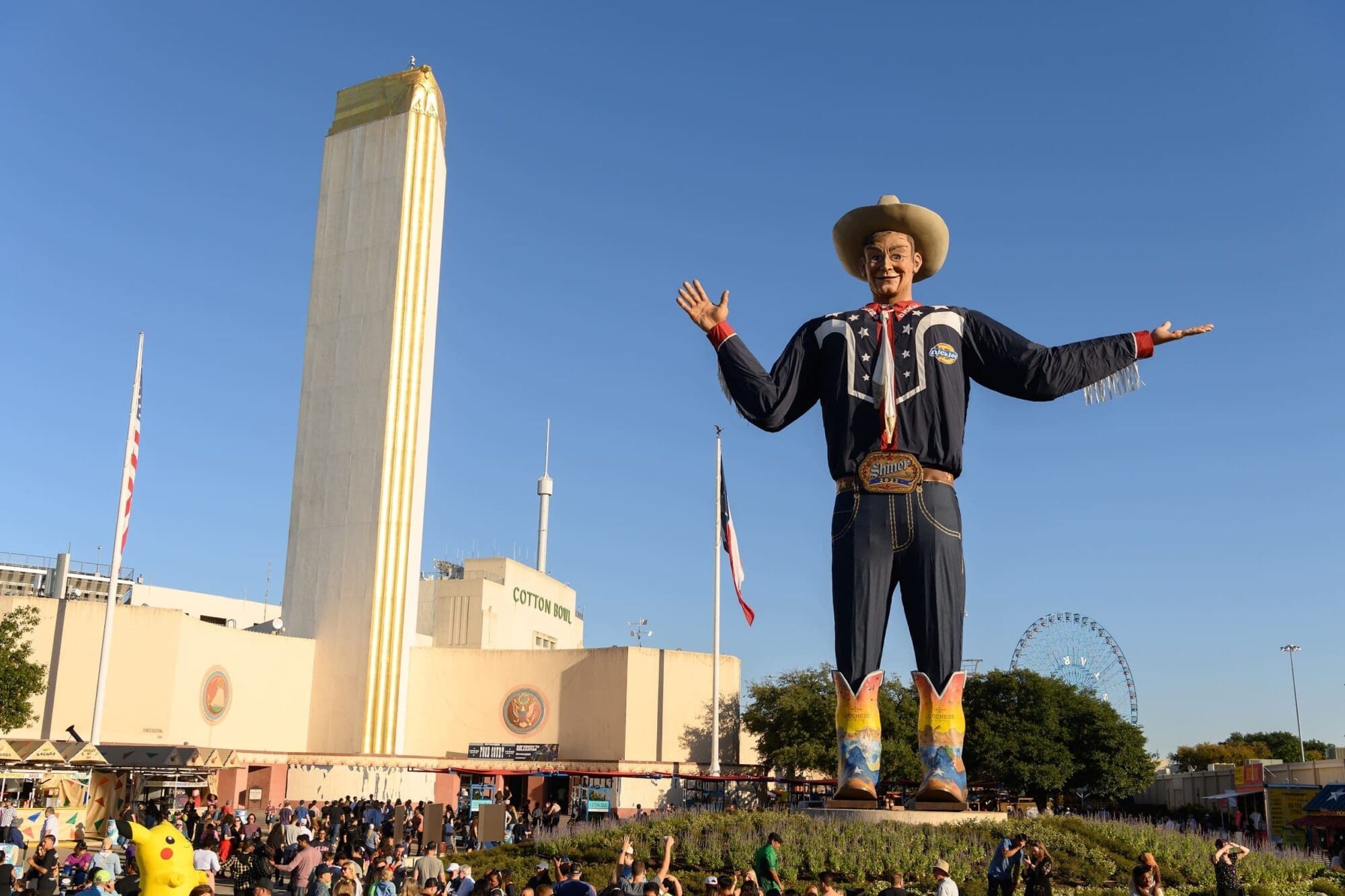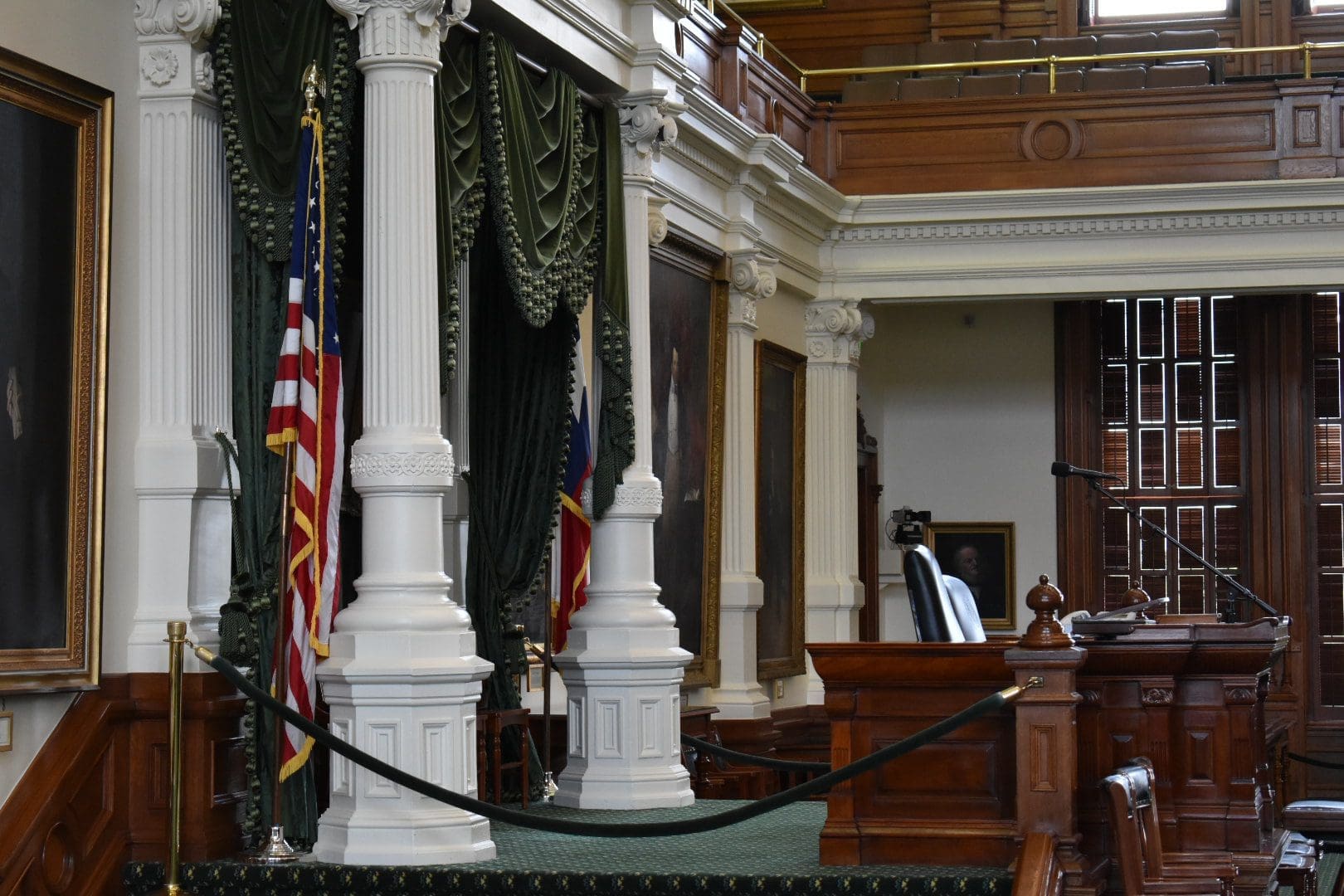Last week proved to be a marathon of public hearings on many priorities for conservative activists across the state.
Bills relating to election integrity, religious freedom, a ban on taxpayer-funded lobbying, gender modification, constitutional carry, and other priorities were all scheduled in various committees to be heard in both the House of Representatives and Senate.
For veteran activists who took time to travel down to Austin multiple times last week to give testimony on these priorities, many left tired and frustrated with the legislative process and took to social media to voice their frustrations and experiences.
House Homeland Security & Public Safety Committee Hearing
The House Homeland Security & Public Safety Committee, chaired by State Rep. James White (R–Hillister), met for almost 19 hours last week, starting Thursday morning and lasting until early Friday. The posted schedule boasted four bills related to constitutional carry, or the ability to carry a firearm without a permit, which included House Bill 1238 by State Rep. Kyle Biedermann (R–Fredericksburg) and House Bill 1911 by State Rep. James White.
Though the committee hearing officially started at 10:57 a.m., they did not get to bills related to constitutional carry until almost 13 hours later. Instead, the committee brought up other bills such as the George Floyd Act, which led to hours of testimony and at times rowdy interactions with those testifying in front of the committee and committee members.
The many Texans who signed up to testify on constitutional carry bills patiently waited for their turn.
When asked about the scheduling of the order of bills in his committee, White seemed optimistic about chances of constitutional carry ultimately passing his committee, telling Texas Scorecard, “I am proud of grassroots activists that showed up and testified, and I am confident that we will get a constitutional carry bill out of committee.”
House State Affairs Committee Hearing
Similarly, the House State Affairs Committee, chaired by State Rep. Chris Paddie (R–Marshall), met last week in a marathon public hearing. On Thursday, they were scheduled to take up and consider 26 bills; six were related to religious freedom, two related to lobbying (including a ban on taxpayer-funded lobbying), and four related to penalizing local governments that defund law enforcement (which is a priority of Abbott’s). The committee also heard a bill that would prohibit camping in public places, which drew several hours of testimony from supporters and opponents. Many of these bills were priorities of conservative activists across the state.
The committee hearing itself lasted almost 20 hours, and Republican priority legislation to ban taxpayer-funded lobbying did not even begin until 1:00 a.m. on Friday, even though the committee began at 8:00 a.m. the morning before. Testimony on the bill lasted until almost 5:00 a.m. By this time, several of the Texans registered to testify on the bill had already left the Capitol.
Fran Rhodes, president of the True Texas Project and a conservative activist, took to Facebook to say, “I registered to testify for this bill. It was a top priority for me yesterday out of the six bills for which I planned to testify, but my old bones just won’t do overnighters anymore, plus I had a 4-hour drive home after. So I gave up. Why did Chairman Paddie place the most important bill of the day at the end of the schedule like that?”
Our team reached out to Chairman Paddie but did not receive a response from his legislative office by the time of publication.
House Elections Committee
The House Elections Committee, chaired by State Rep. Briscoe Cain (R–Deer Park), met briefly last week and adjourned abruptly when a power struggle and procedural error shut down the public hearing.
They were originally scheduled to hear a litany of election integrity-related bills to include the omnibus House Bill 6, which is both a priority of Gov. Greg Abbott and the Republican Party of Texas. Upon initially laying out the bill, Cain abruptly recessed the hearing without setting a time by which the committee would reconvene, which in turn created a procedural error forcing the bill to be rescheduled for the following week.
This issue further frustrated several activists who were scheduled to testify on the bill, as earlier in the week, many of them were victims of a procedure deployed by Democrat senators to postpone the companion omnibus election integrity legislation in the Senate State Affairs committee on Monday.
Senate State Affairs Committee
The Senate State Affairs Committee, chaired by State Sen. Bryan Hughes (R–Mineola), convened on Monday. As soon as the committee hearing got underway, the chairman announced that five Democrat senators had “tagged” the election integrity bills, which delayed them for at least 48 hours. Hughes apologized to the many activists who had taken time to travel to Austin with plans to testify. The bills were later rescheduled to be heard on Friday, with the addition of bills that were priorities of Lt. Gov. Dan Patrick, including the “Star-Spangled Banner Protection Act” and Senate Bill 29, which would require students to participate in sports based on their biological sex.
The addition of these bills—on top of the election integrity bills—almost certainly guaranteed another lengthy hearing for many activists who were already at the Capitol the day and night before for previously scheduled priority bills in various hearings in the House.
Hughes, however, indicated he believed packaging the bills together was actually a positive for conservatives.
“Many of the witnesses who testified on the election integrity bills also were there to testify on the national anthem and women’s sports bills,” Hughes told Texas Scorecard.
Lack of Transparency in the Process for Activists
Mike Openshaw, a conservative activist, also took to Facebook to express his frustration.
“I’ve had it with the massive disrespect the conservative advocates get from our own legislators who expect our help to pass their bills,” said Openshaw. “Today was the last time I will be seen or report on this building until things radically change.”
One thing is certain: The process as it stands today makes it very difficult for average Texans to fully participate in the legislative process. They are not made aware of the exact order by which a bill will be heard in committee, as the order is left completely to the discretion of the chairman. There is no way for activists to know when they can expect to be called by the chairman.
As a result, some activists have called for an overhaul of the system, including transparency in the committee schedule as well as the number of citizens signed up to testify—information that is readily available to lawmakers and their staff.
Until the rules are changed in the Legislature or committee chairs begin enacting those policies on their own, it appears late-night committee hearings will continue to be a staple of the legislative session.





